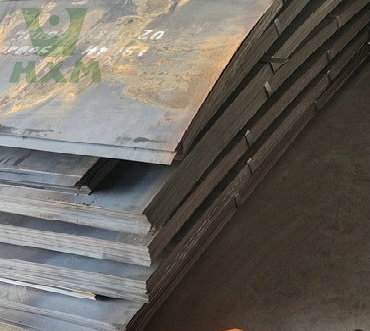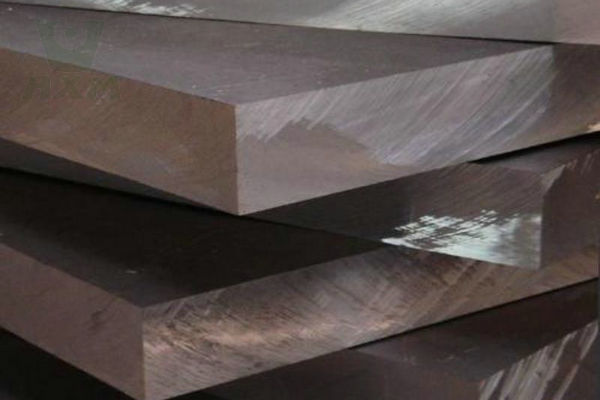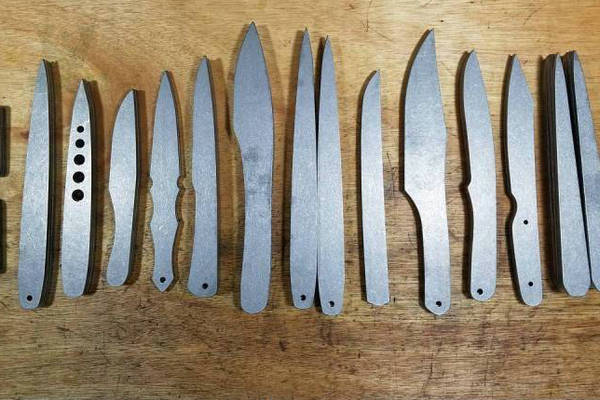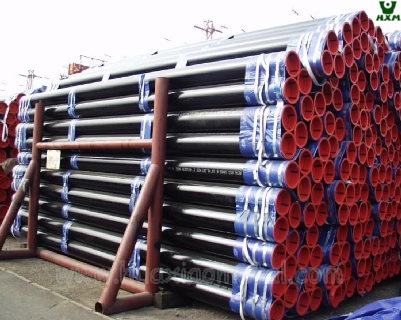Carbon steel is a metal material that is widely used in our daily life. It is not only used in the manufacture of household items and industrial equipment but also in the medical field. However, whether or not carbon steel is magnetic has been debated, and it’s a matter of great interest. This article will delve into the magnetic aspects of carbon steel and provide some examples of applications.
First, we will introduce the basic structure of carbon steel, including its definition, composition, and types. Next, we explain the basics of magnetism, such as its definition, origin, and types. On this basis, we will discuss the magnetic phenomenon of carbon steel, including its magnetic principle and influencing factors. Finally, we will provide some specific application cases, show the practical application fields of carbon steel magnetism, and look forward to the future development trend of carbon steel magnetism.
Basic Structure of Carbon Steel
In this chapter, we will give an in-depth look at the basic structure of carbon steel. First, we will explain the definition of carbon steel, second, we will explore the composition of carbon steel, and finally, we will briefly introduce some common carbon steel types.
A. Definition of Carbon Steel
Carbon steel is a steel material that contains carbon. In carbon steel, the content of carbon elements is usually between 0.02% and 2.11%. Compared with other steel materials, the advantages of carbon steel are easy processing, corrosion resistance, high strength, and low cost. Carbon steel is a material widely used in industry and construction, such as automotive parts, reinforced concrete and boilers.
B. Composition of Carbon Steel
Carbon steel consists of iron, carbon, and small amounts of other elements. The iron element in carbon steel accounts for most of the mass ratio, followed by the carbon element. Other elements are usually present in small amounts, including manganese, silicon, phosphorus, and sulfur, among others.
The content and composition of these elements have a great influence on the physical and chemical properties of carbon steel. For example, the content of carbon elements determines the hardness and toughness of carbon steel, while manganese elements can improve the strength and toughness of carbon steel.
C. Types of Carbon Steel
Carbon steel can be divided into many different types according to different uses and manufacturing methods. Here are some common carbon steel types:
- Low carbon steel: With a carbon content of less than 0.05%, it is easy to weld and form, and is used to make auto parts, pipes, and some mechanical equipment.
- Medium carbon steel: The carbon content is between 0.3% and 0.6%. The strength and hardness are higher than low carbon steel, but the cost is higher. It is often used to make tools such as gears, bearings, and hammerheads.
- High-carbon steel: With a carbon content of more than 0.6%, its strength and hardness are higher than medium-carbon steel, but its toughness is lower. It is often used to make saw blades, springs, and knives.
In conclusion, carbon steel is a widely used metal material, and its carbon content and composition have a great influence on its properties. In the following sections, we will discuss the magnetic properties of carbon steel and its related properties.
Is Carbon Steel Magnetic?
Yes, carbon steel is generally somewhat magnetic. This is because the basic components of carbon steel are iron and carbon, iron itself is a ferromagnetic material, and the carbon element added to carbon steel will not affect the ferromagnetic properties of iron, but will make it more magnetic. Therefore, carbon steel will be magnetized under the action of an external magnetic field and generate a magnetic field.
However, it should be noted that the magnetism of carbon steel is not absolute, and it will be affected by many factors, such as the composition of carbon steel, heat treatment process, strength and direction of the magnetic field, etc. In general, carbon steel with a higher carbon content is more magnetic, while heat-treated carbon steel may reduce its magnetic properties.
In addition, different kinds of carbon steel may also have different magnetic behavior. For example, austenitic stainless steels are generally less magnetic, while martensitic stainless steels are relatively more magnetic. Therefore, specific consideration of the composition and type of carbon steel is required to determine its specific magnetic performance.
To sum up, carbon steel usually has a certain degree of magnetism, but its specific magnetic performance will be affected by many factors. These factors need to be considered in specific applications to determine whether the magnetic properties of carbon steel meet the requirements.
Magnetic Applications of Carbon Steel
A. Application of Carbon Steel in Electronic Equipment
Carbon steel is widely used in electronic equipment, mainly in components such as motors, transformers, and inductors. These components usually need to have a certain magnetic ability in order to generate and control the magnetic field and complete the mutual conversion of electric energy and magnetic energy. Therefore, the magnetic capabilities of carbon steel make it one of the ideal materials for these components.
B. Application of Carbon Steel in Industrial Manufacturing
Carbon steel is also widely used in industrial manufacturing, especially in steel, automobile, machinery manufacturing and other industries. Among them, carbon steel, as a common structural steel, is widely used in construction, bridges, ships and other fields. In addition, carbon steel can also be used as tool steel, cutting steel, spring steel and other special steels for the manufacture of important components such as knives and mechanical parts.
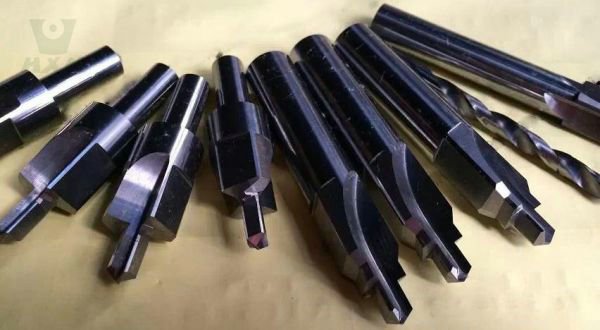
C. Application of Carbon Steel in Medical Field
Carbon steel also has some applications in the medical field, such as in the manufacture of surgical instruments and orthopedic instruments. These instruments need to have a certain hardness and flexibility in order to perform surgery and repair. Carbon steel is a material with these properties, so it has been widely used in the medical field.
In general, carbon steel, as a common metal material, has a wide range of application fields and uses. Its magnetic ability makes it widely used in electronic equipment but also has an important position in the fields of industrial manufacturing and medicine.
In Conclusion
Through the introduction of this article, we can conclude that carbon steel is magnetic. This is due to the iron element contained in carbon steel, and iron is a magnetic metal. Therefore, carbon steel can be magnetized under the action of an external magnetic field.
With the development of science and technology and the progress of industry, carbon steel still has a lot of room for development in magnetic applications. In the future, the magnetic application of carbon steel may be more extensive and diversified. For example, by adjusting the iron content and crystal structure in carbon steel, it may be possible to change its magnetic ability, thereby preparing more excellent magnetic materials.
In addition, the magnetic application of carbon steel may also expand to more cutting-edge fields, such as magnetic storage, magnetic resonance imaging and other fields. All these provide broad development prospects for the magnetic application of carbon steel in the future.

